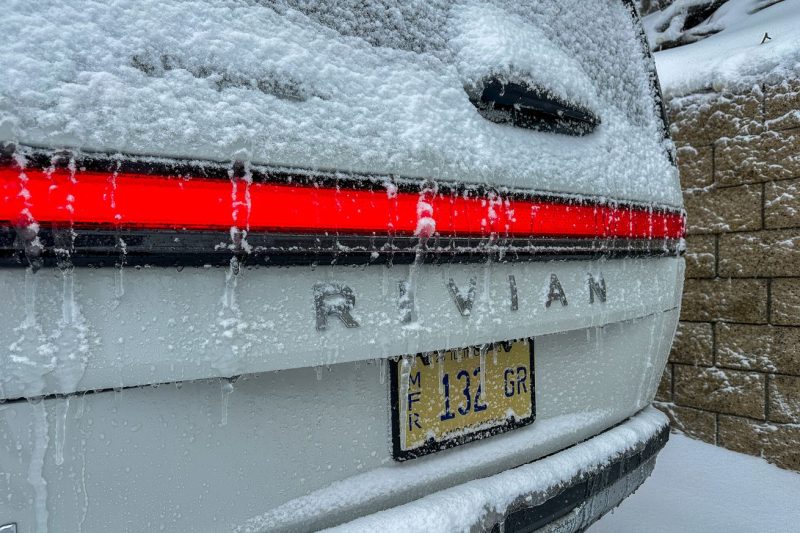In a surprising turn of events, Rivian, the American electric vehicle startup, has announced that it will be producing fewer electric vehicles this year compared to its output in 2023. This decision comes as a shock to many industry observers, given the high demand for electric vehicles and the company’s ambitious growth plans.
The company had originally set an aggressive target of increasing its production capacity to meet the growing demand for its electric trucks and SUVs. However, due to various supply chain issues and logistic challenges, Rivian has been forced to revise its production forecast downward. This development underscores the complexity and unpredictability of the automotive manufacturing sector, especially for newer entrants like Rivian.
One of the key factors contributing to Rivian’s production cutback is the global semiconductor shortage that has plagued the automotive industry for the past couple of years. The shortage has severely disrupted the production schedules of many automakers, leading to delays and lower-than-expected output. Rivian, like other manufacturers, has struggled to secure an adequate supply of semiconductors, which are crucial components in modern vehicles.
Additionally, Rivian has faced logistical challenges, including issues with its supply chain and manufacturing processes. The company has been ramping up production at its Illinois plant while also expanding its presence in other markets. Managing this rapid expansion has proven to be more challenging than anticipated, leading to delays and production constraints.
Despite these setbacks, Rivian remains optimistic about its long-term prospects. The company has garnered significant attention and praise for its electric vehicles, which are known for their performance, range, and off-road capabilities. Rivian’s R1T electric truck and R1S electric SUV have received rave reviews from critics and consumers alike, positioning the company as a key player in the electric vehicle market.
Looking ahead, Rivian is focused on addressing its production challenges and streamlining its operations to meet the growing demand for its vehicles. The company is also investing in research and development to innovate new technologies and enhance its product offerings. Rivian’s commitment to sustainability and environmental consciousness continues to resonate with consumers seeking alternatives to traditional gasoline-powered vehicles.
In conclusion, Rivian’s decision to produce fewer electric vehicles this year than in 2023 highlights the complexities and challenges facing the automotive industry. Despite these setbacks, Rivian remains a prominent player in the electric vehicle market, poised for future growth and success. By addressing its production constraints and focusing on innovation, Rivian is well-positioned to make a lasting impact in the rapidly evolving automotive landscape.


























